
The right of access to justice in Brazil is a human right and a permanent challenge. Enshrined in the Brazilian Federal Constitution, it is a right that enables access to other rights. However, it is not restricted to having access to the due process of law, and its effectiveness must consider the context of enormous social and economic inequality, which is structural in Brazilian society.
During the coronavirus pandemic, access to justice was even more challenging than usual. As if the economic and health crises that mainly affected the poorest were not enough, the Public Defender’s Office, the main body providing legal services to the Brazilian population, had to work remotely and only in urgent cases. Although the judiciary remained in operation, through virtual hearings, electronic petitions and communication via mobile phone or email , in many situations there were restrictions on or obstacles facing people who are normally excluded from accessing justice.
These measures affected legal services for vulnerable members of society, notably people who do not have access to digital devices such as smartphones and computers (according to data from the Brazilian Institute of Geography and Statistics, 46 million Brazilians experience digital exclusion) , or those who have such technology but struggle to read, communicate, and send documents.
Regarding the penal system – Brazil has the world’s third highest incarceration rate with around 900,000 prisoners – provisional prisons/detention centers operated as usual during the pandemic. This was despite a recommendation by the National Council of Justice, which guided courts and magistrates to adopt preventive measures to stop the spread of coronavirus in the criminal and justice systems, including an emergency directive to reduce overcrowding in prison units.
Another phenomenon that worsened during the pandemic, and remains critical, is rising domestic violence. Although some measures have been adopted, such as enabling people to virtually register incidents of violence and request protection, the confinement of both perpetrators and victims at home made it difficult for women to report abuse. In addition, the economic crisis has acutely affected women, who are usually responsible for domestic and childcare activities.
Migrants and refugees, who have sought asylum in Brazil in ever-greater numbers in recent years, have also faced enormous restrictions, especially given the temporary closure of the country’s borders in 2020 and measures taken by the federal government under Bolsonaro, that imposed sanctions on people – mostly Venezuelans – who entered Brazil at the time. The measures included civil, administrative, and criminal liability, immediate repatriation or deportation, and disqualification from applying for asylum, and mainly affected the contingent of Venezuelans seeking shelter.
These are just a few examples of the impacts of the pandemic which, on top of the history of deep inequality in accessing justice for most of the Brazilian population, revealed realities of violence and vulnerability.
On the other hand, the health crisis of enormous proportions spurred support both in civil society organisations and in the private sector. Specifically in the legal sector, the greater institutionalisation of pro bono practices in law firms is becoming more common and there is growing interest from legal departments to develop pro bono programs. While such initiatives are still nascent in the face of the enormous challenges related to access to justice in the country, their strength cannot be disregarded. The development of pro bono has been stimulated not only by the new and committed generation of law students and professionals, but growing interest from business leaders, notably in the face of greater attention to diversity issues and to environmental, social and governance practices (known widely by the acronym “ESG”).
Therefore, while the challenges have been exacerbated by the coronavirus pandemic, Brazil has a vibrant civil society and a legal sector that is increasingly willing to develop public interest advocacy, and is committed to the reduction of inequalities and the defense of human rights.
More Impact Stories
View All Impact Stories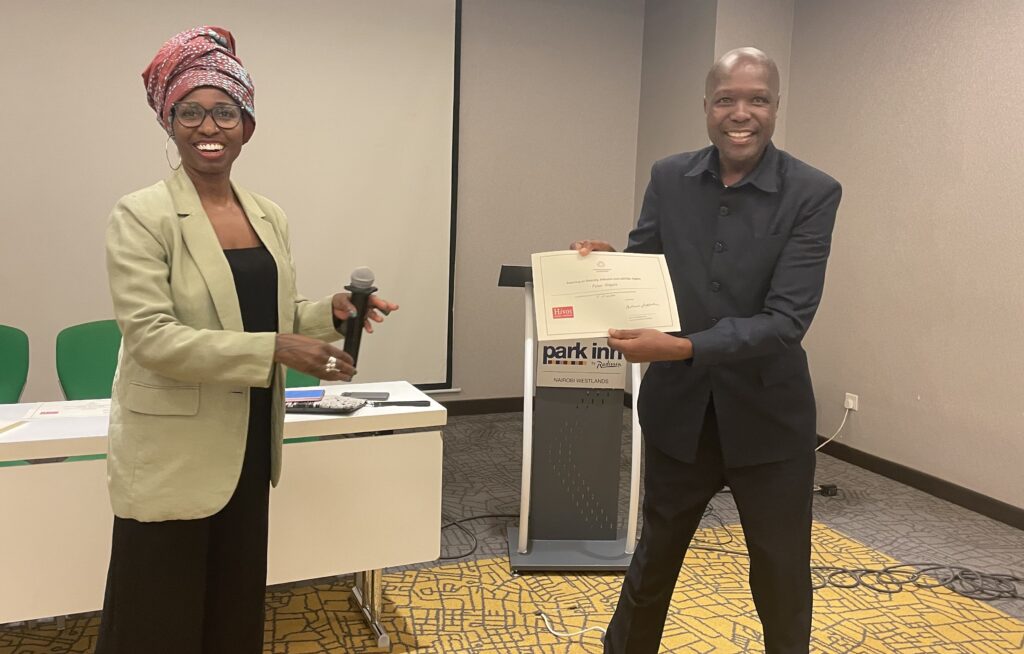
Reporting with empathy: one journalist’s journey to allyship
Discover how training from the…
Read More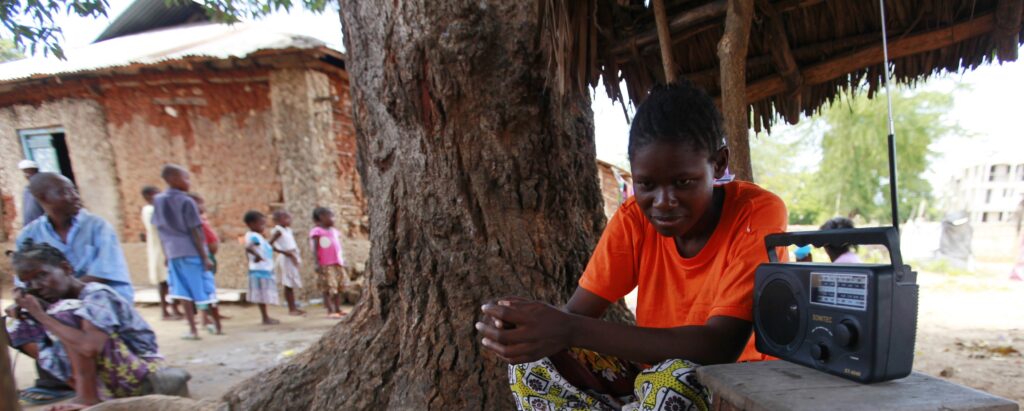
Shielding community journalism: How pro bono legal expertise broke the cycle of self-censorship for one Kenyan radio station
As Kenyan radio station Radio Domus ramped up the content it was putting out on digital platforms to…
Read More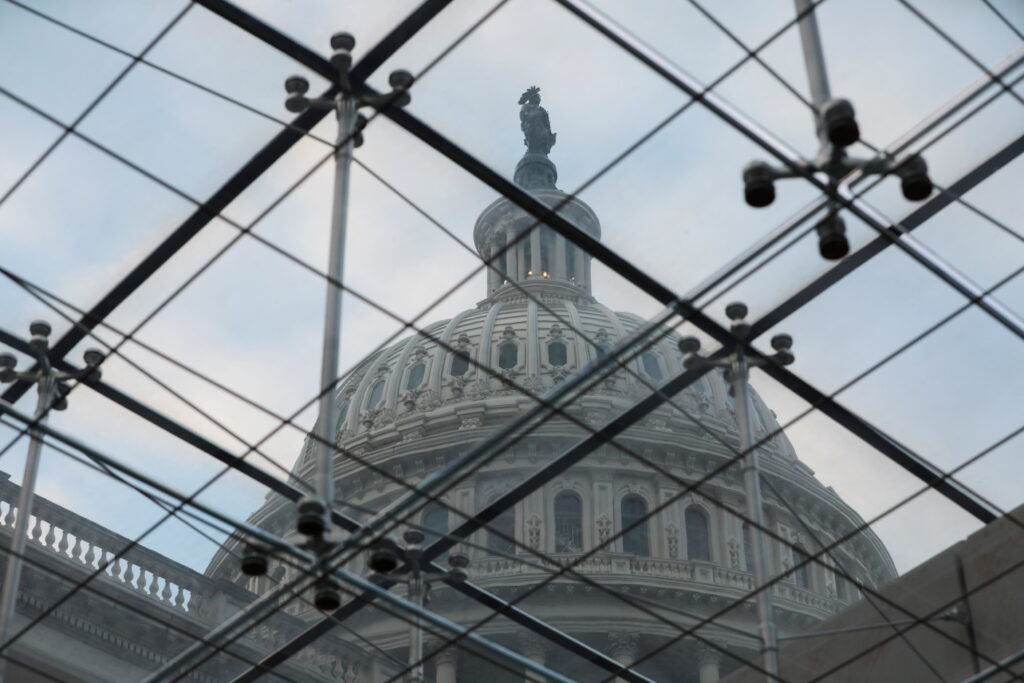
Combatting international corruption: The pro bono research behind the landmark Foreign Extortion Prevention Act
The absence of any U.S. law stopping a foreign official from demanding a bribe from an American…
Read More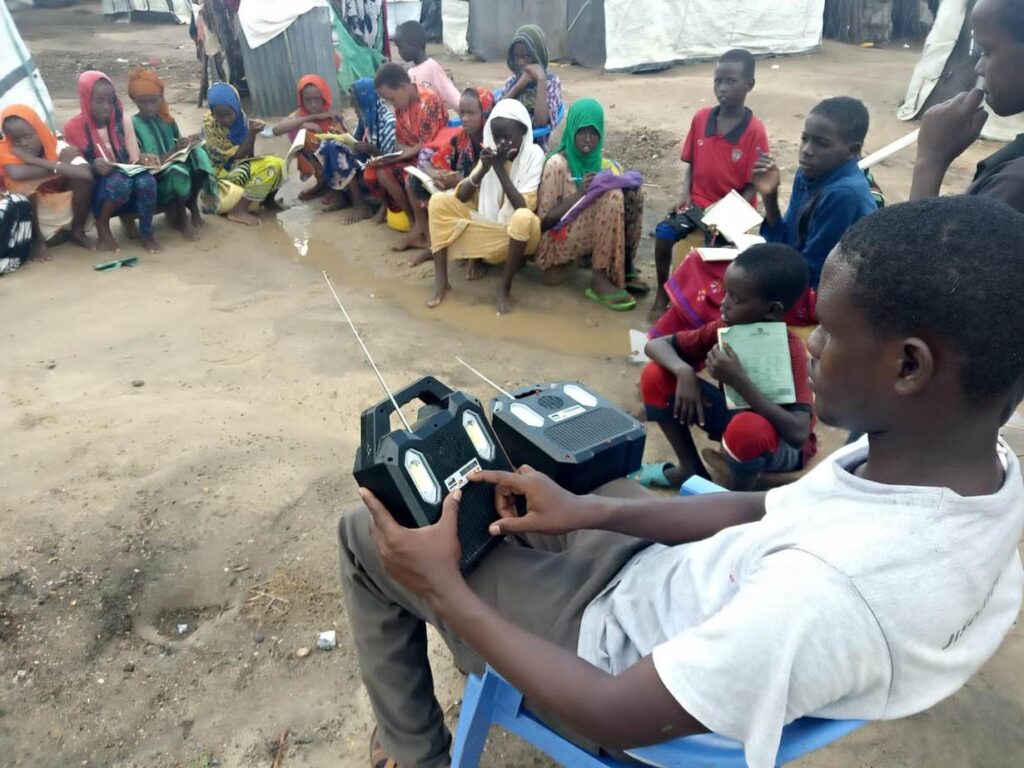
The value of pro bono: Radio Domus
Radio Domus FM is a non-profit youth-centric, 24-hour community radio station in Kajiado…
Read More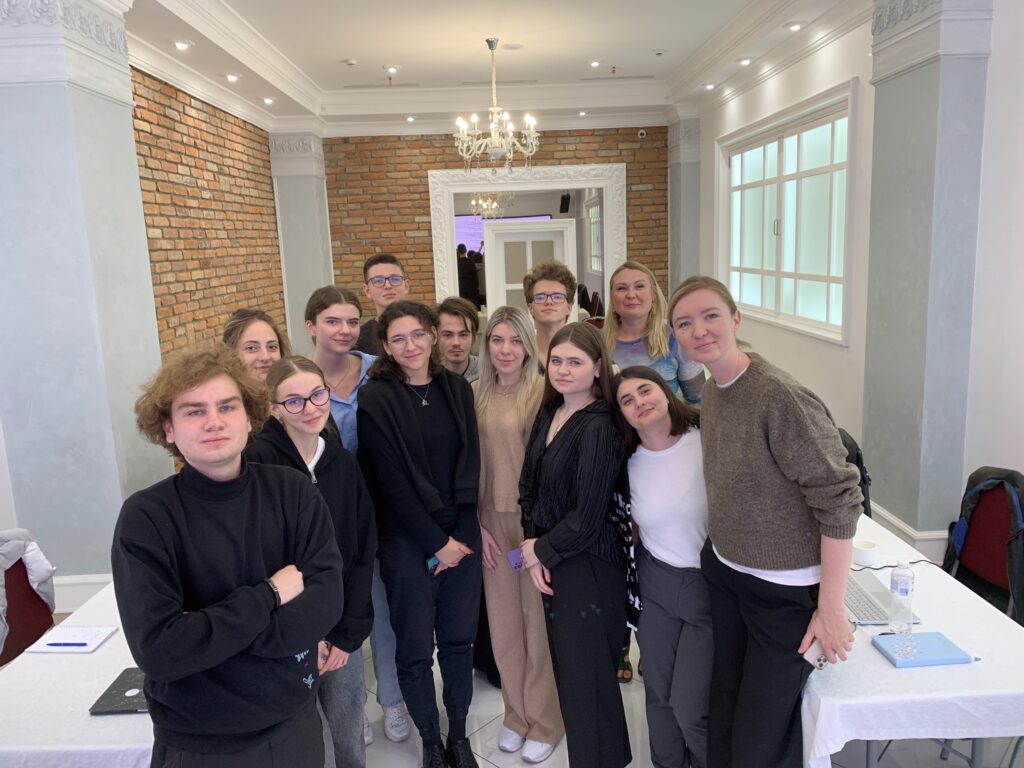

Delivering pro bono legal services in France
Participation in pro bono initiatives is on the rise in France,…
Read More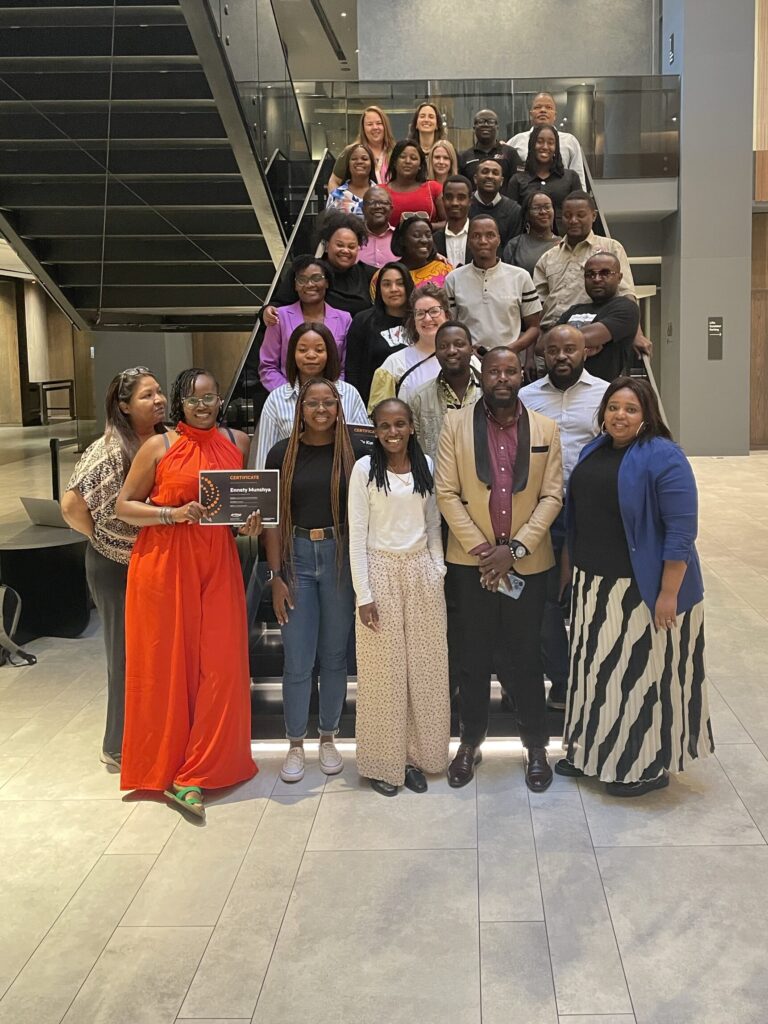
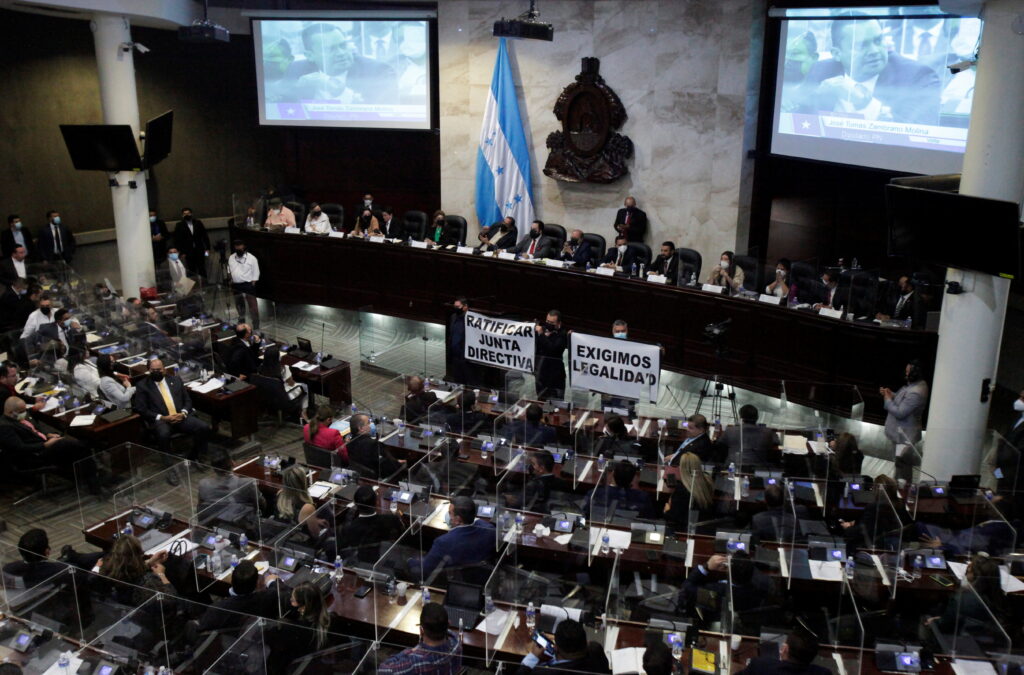
Delivering pro bono legal services in Latin America
New technologies are enhancing pro bono work in Latin…
Read More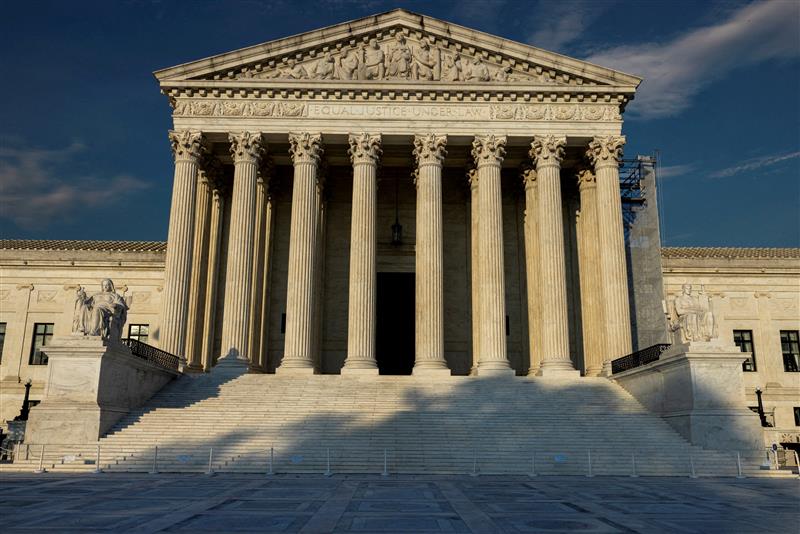
Delivering pro bono legal services in the United States
In 2020, White & Case created its Access to Justice…
Read More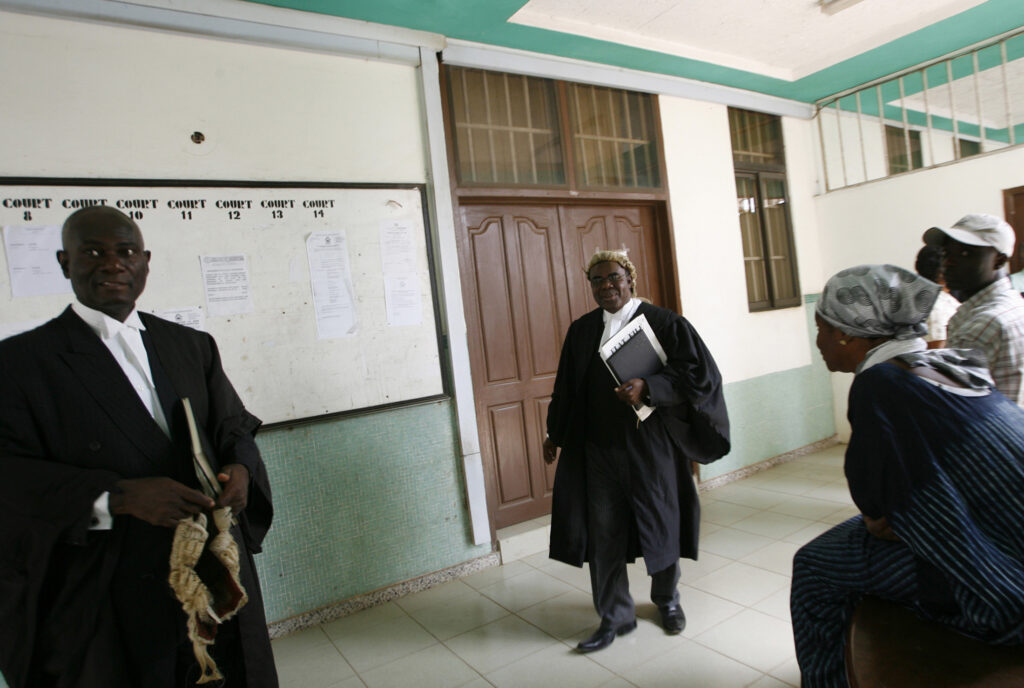
Delivering pro bono legal services in Ghana
The legal community in Ghana is frequently engaged in dialogue about…
Read More

